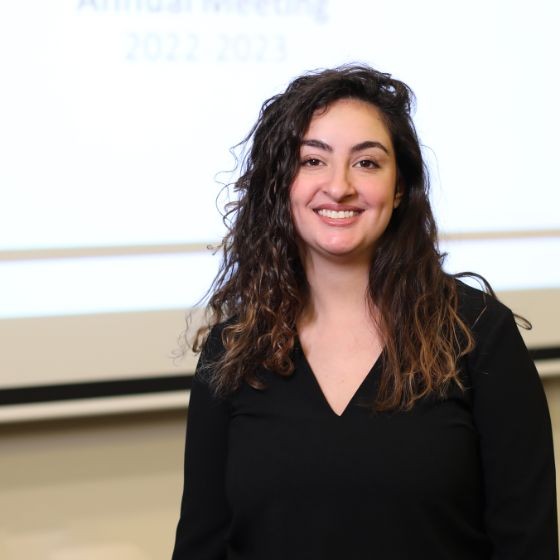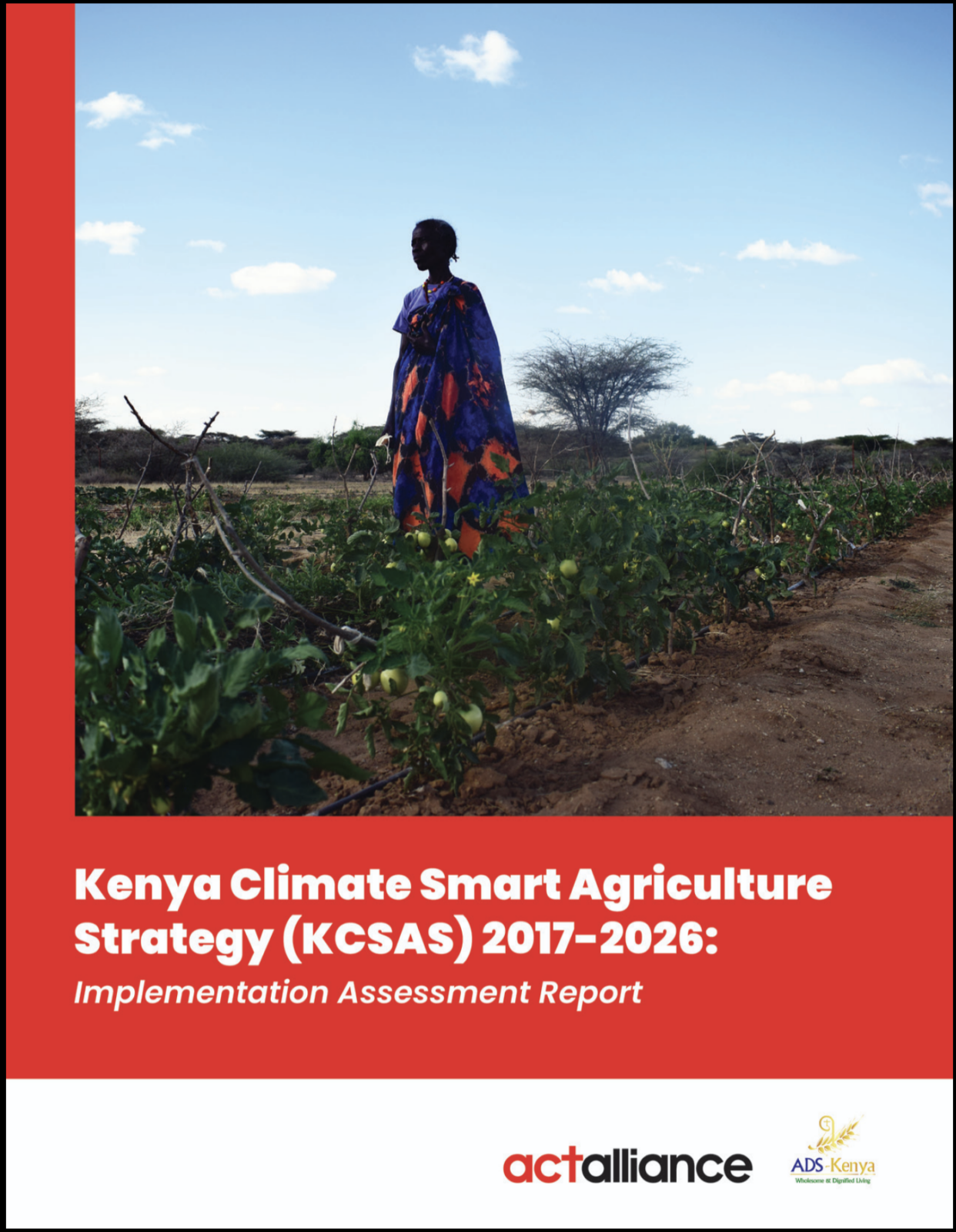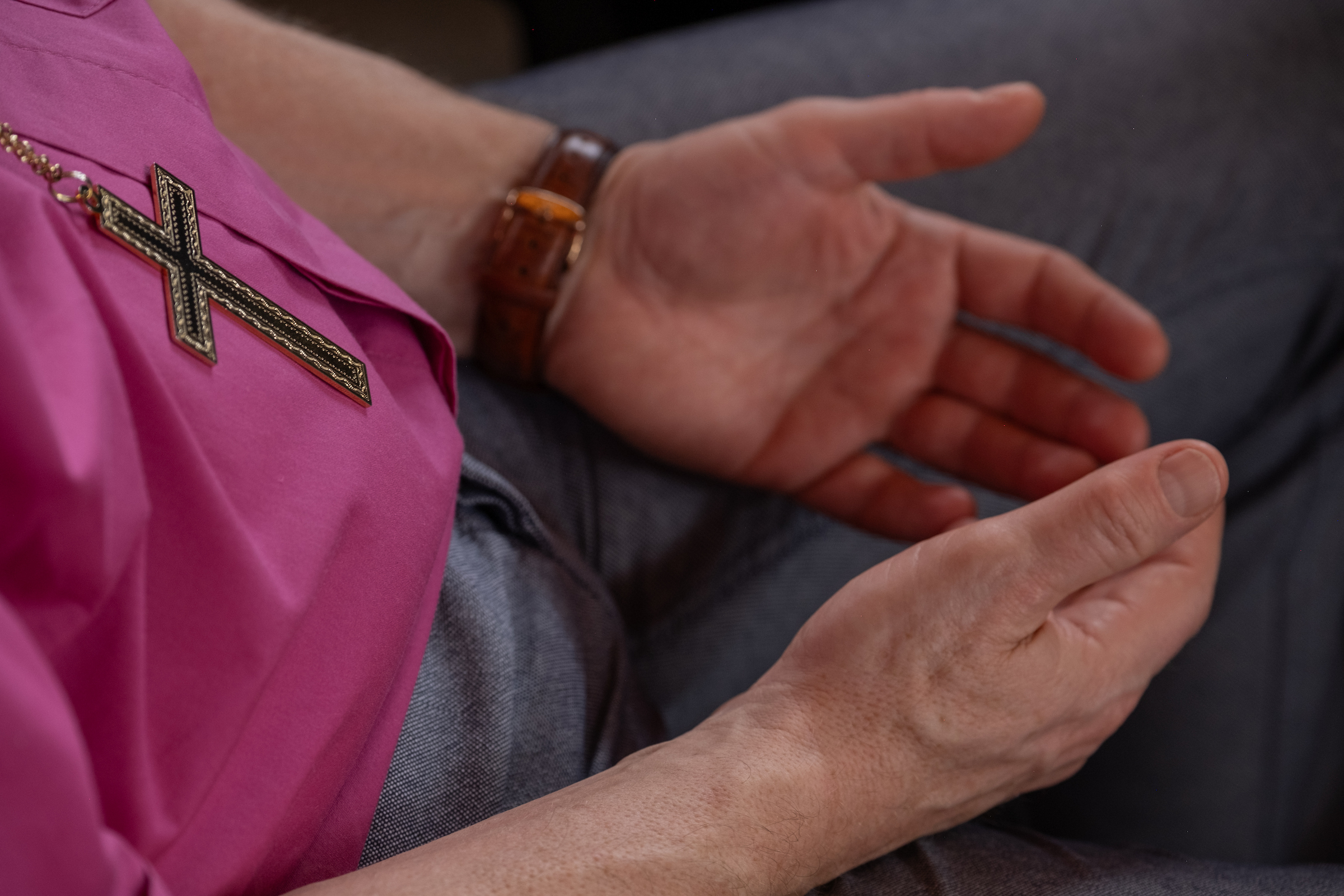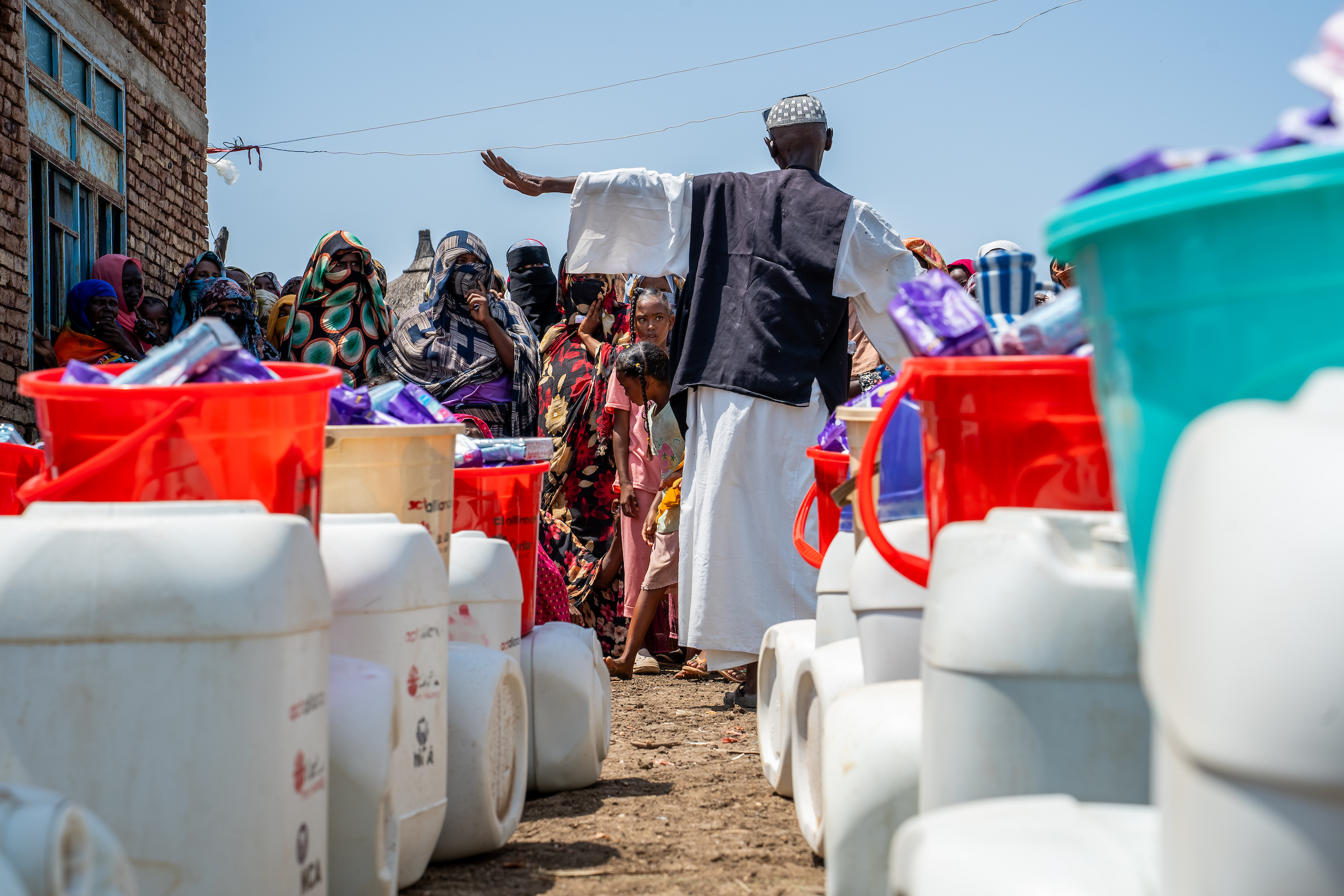By Nushrat Chowdhury
Local communities feel the impacts of climate change firsthand, yet rarely do they have resources to withstand them. They end up experiencing more loss and damage. Communities in developing countries, in particular, bear the brunt of the climate crisis despite contributing the least to its causes.
Historically, financing for local-level initiatives has been alarmingly low. Research by IIED revealed that between 2003 and 2016, less than 10 percent of climate finance explicitly targeted the local level. Similarly, the 2023 Adaptation Gap Report found that only 17 percent of adaptation finance from 2017 to 2021 supported community-focused adaptation projects. The persistent lack of action exacerbates climate-related losses and damages, especially in the Global South.
The newest multilateral fund under the UNFCCC, the Fund for Responding to Loss and Damage (FRLD), aims to directly support frontline communities, including vulnerable groups and Indigenous Peoples, through mechanisms like small grants. A coalition of countries has advocated for a dedicated “community window” within the FRLD. This window would provide simplified, direct access to adequate funding tailored to the needs of affected communities. Such an approach must be locally led, responsive, demand-driven, and just. It would empower communities to make decisions about how financial resources are used, allowing them to design, implement, and prioritise programmes based on their specific needs.
In Bangladesh, Christian Aid and the Nowabenki Gonomukhi Foundation implemented the Cyclone-Based Early Actions to Reduce Disaster Loss and Damage project. Local organisations secured funding to reduce cyclone risks in their communities.
For instance, Asma Khatun (35) led the Dakshin Bedkashi Sardar Para Mahila Samiti in developing a proposal for small-scale projects. The association secured funds to construct connecting roads and a wooden bridge, improving access to educational institutions that also serve as cyclone shelters. This initiative was implemented in consultation with stakeholders, including community members and local government organisations. (For the full case study, see Community access to the Loss and Damage Fund – Christian Aid, page 24.)
The FRLD must address the ongoing financing gap at the local level by trusting and supporting local organisations, which have the expertise and understanding of their communities’ needs. In addition, the FRLD should provide capacity-building and technical assistance to help communities access funds and implement their priorities effectively.
Nushrat Chowdhury works with Christian Aid in Bangladesh.
PHOTO: Paul Jeffrey/ACT




